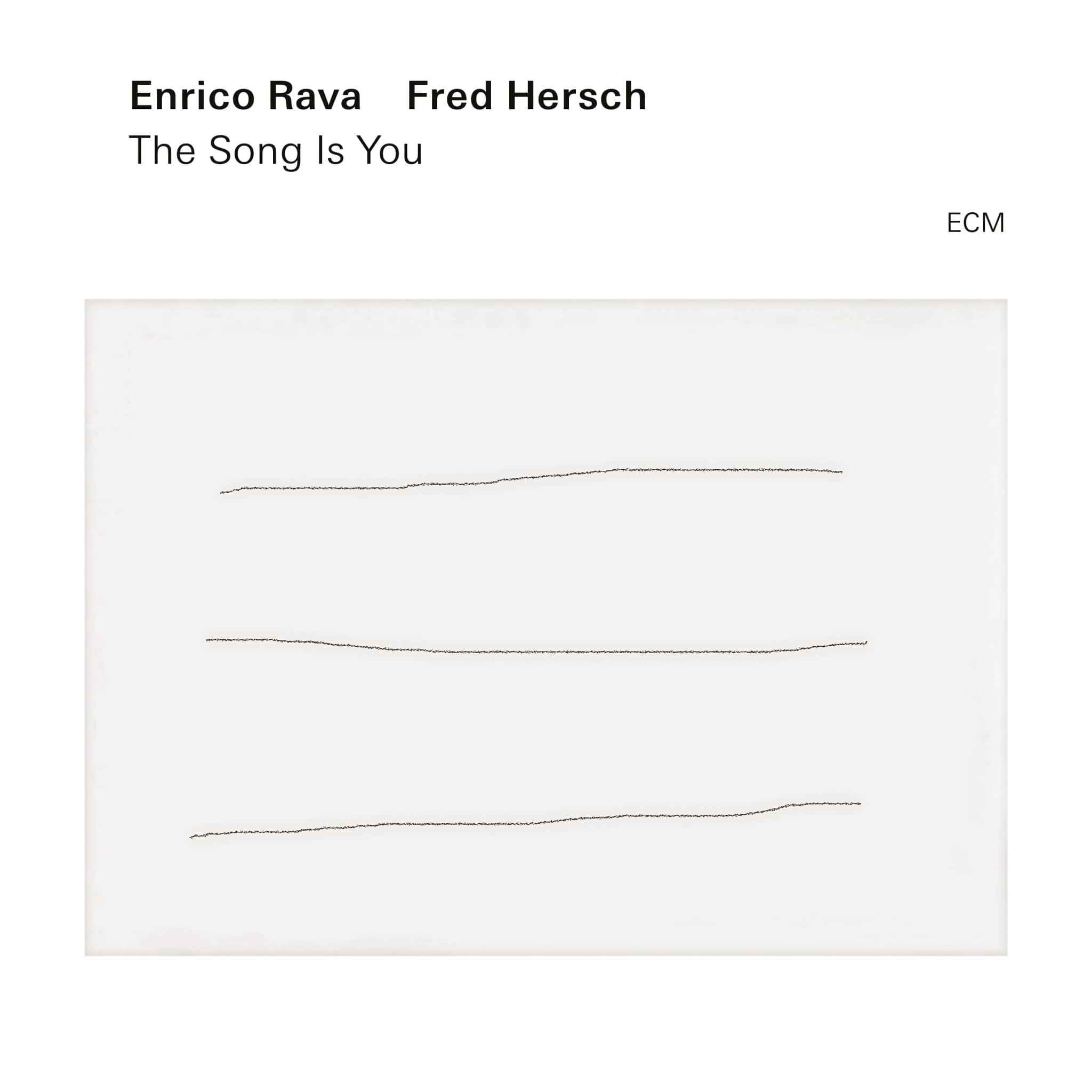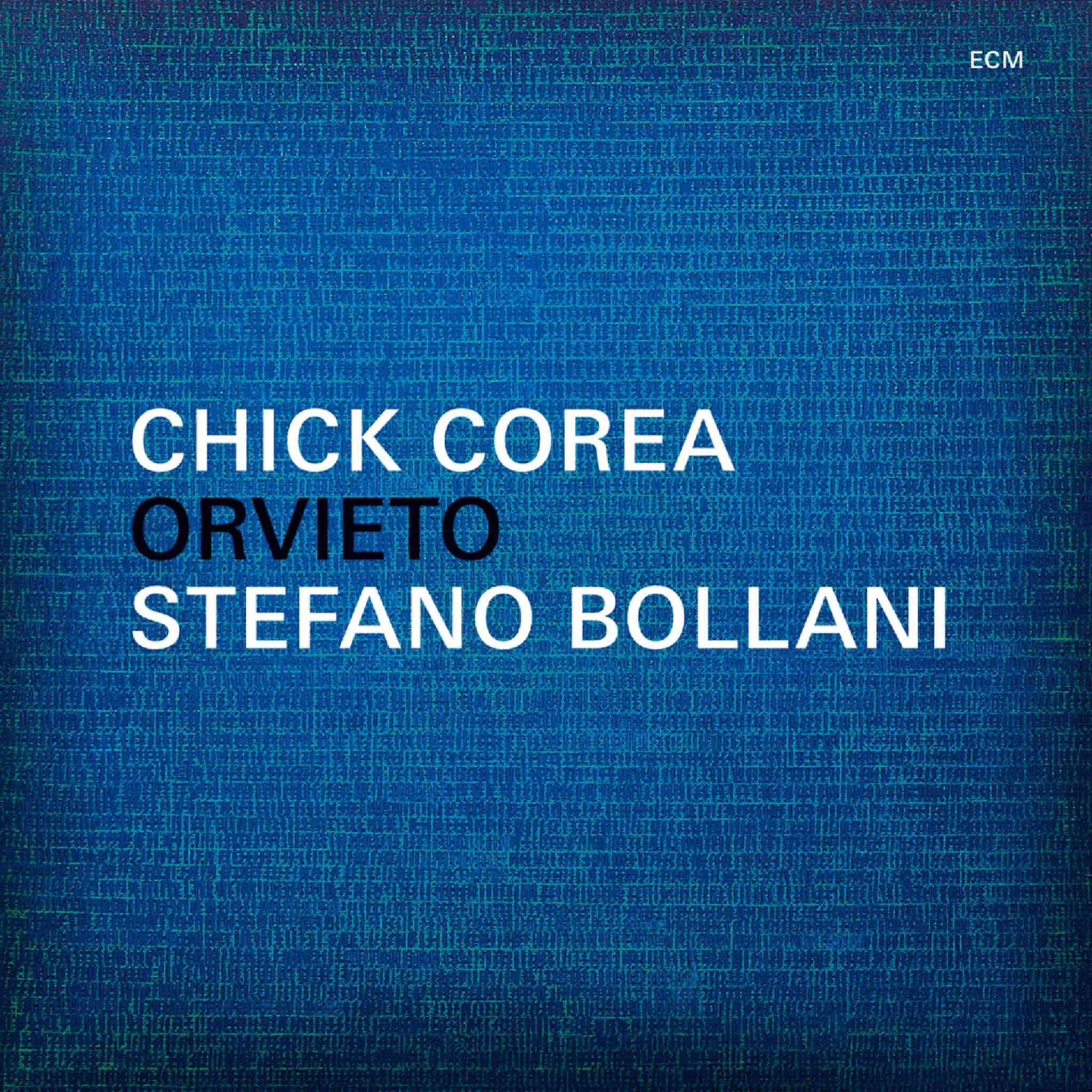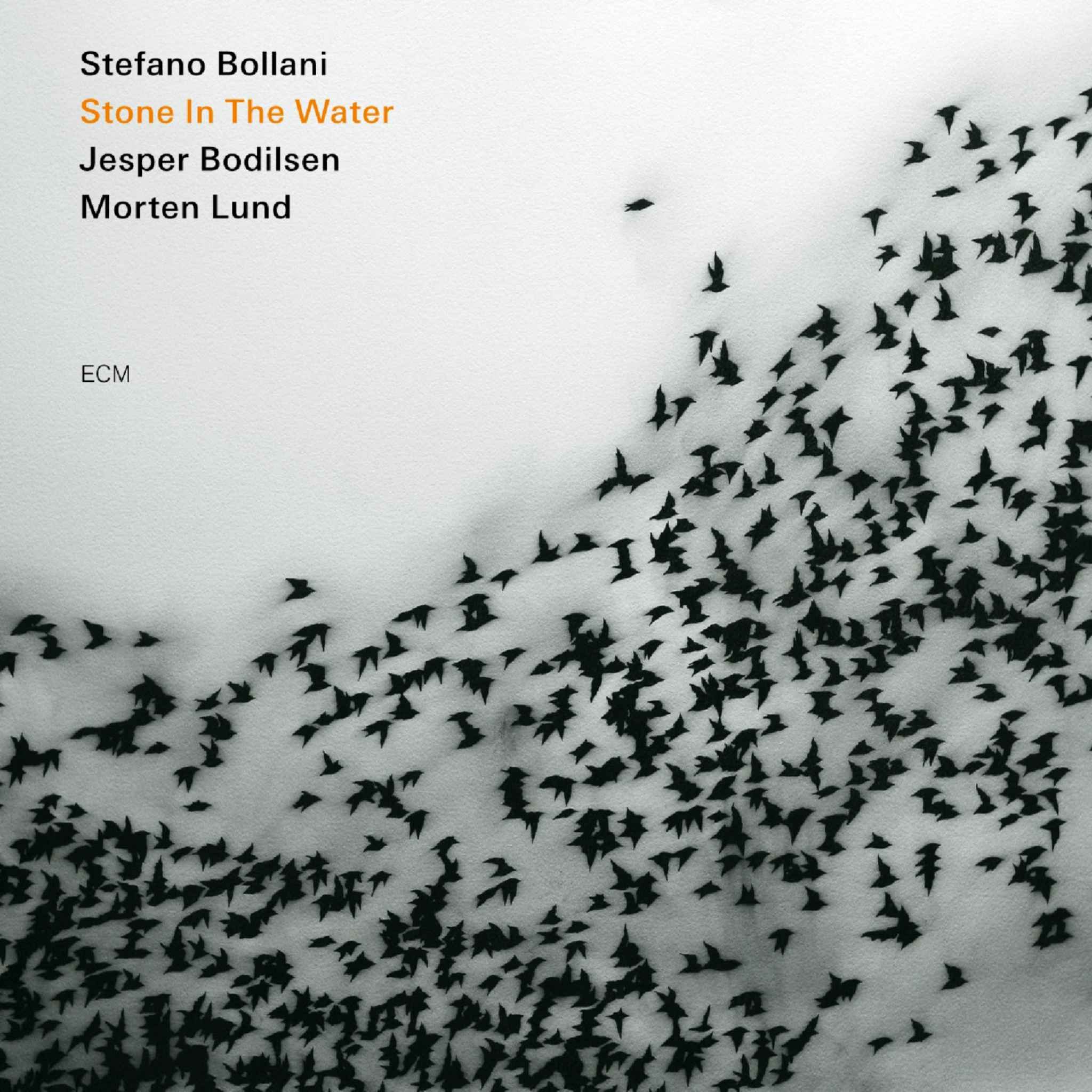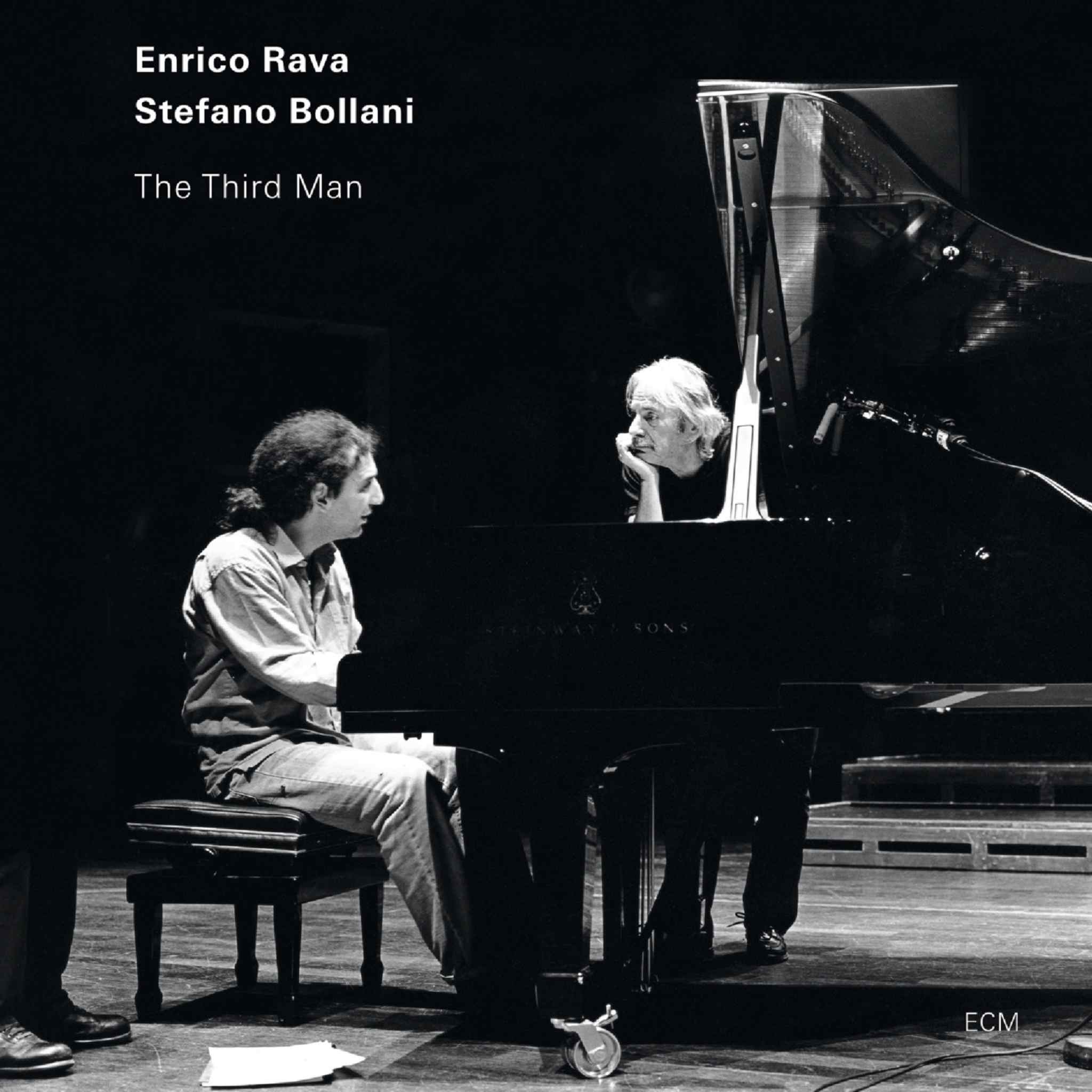Antonio Carlos Jobim: The Father of Bossa Nova
Renowned for internationalizing the bossa nova, Antonio Carlos Brasileiro de Almeida Jobim, or more commonly known as Tom Jobim, left an undeniable mark on Brazilian music. Born in 1927 and passing in 1994, Jobim stands as one of the most influential figures in 20th-century music. His impact stretched far beyond Brazil, as he merged samba with cool jazz, and—with collaborations from both Brazilian and American artists—crafted a sound that achieved immense global popularity.
Early Life and Inspirations
Jobim's music draws influences from both Brazilian traditions, like samba, and classical composers such as Debussy and Ravel. Early in his career, Jobim collaborated with poet Vinicius de Moraes, notably composing for the play Orfeu da Conceição, which became the Oscar-winning film Black Orpheus. Their partnership produced iconic bossa nova standards including "Chega de Saudade," considered a landmark in the genre's creation.
Musical Journey: The Genesis of Bossa Nova
Jobim is revered as the "father of bossa nova" for blending samba rhythms, jazz harmonies, and poetic lyricism into a distinct and sophisticated style. His work in the genre began with his early collaborations and continued throughout his career, as he developed and popularized the bossa nova style.
Collaborations with American Artists & Global Recognition
Jobim’s compositions have been recorded and interpreted by countless artists worldwide. His collaboration with Frank Sinatra on the album Francis Albert Sinatra & Antônio Carlos Jobim (1967) brought bossa nova to a wider international audience and received a Grammy nomination. The album Getz/Gilberto (1964), featuring Jobim’s music, became the first jazz album to win the Grammy Award for Album of the Year and produced "Garota de Ipanema" ("The Girl from Ipanema"), one of the most recorded songs in history.
Legacy: The Impact of Antonio Carlos Jobim's Work
Jobim's lasting legacy and influences on Brazilian and other musicians around the globe are undeniable. His final album, Antônio Brasileiro (1994), is noted for being his final work. Some of Jobim’s most celebrated works include “Garota de Ipanema” (“The Girl from Ipanema”), “Desafinado”, and “Corcovado” (“Quiet Nights of Quiet Stars”). His influence extends to today, with tributes to Jobim from other artists continuing to celebrate his unique composing skills and techniques.








